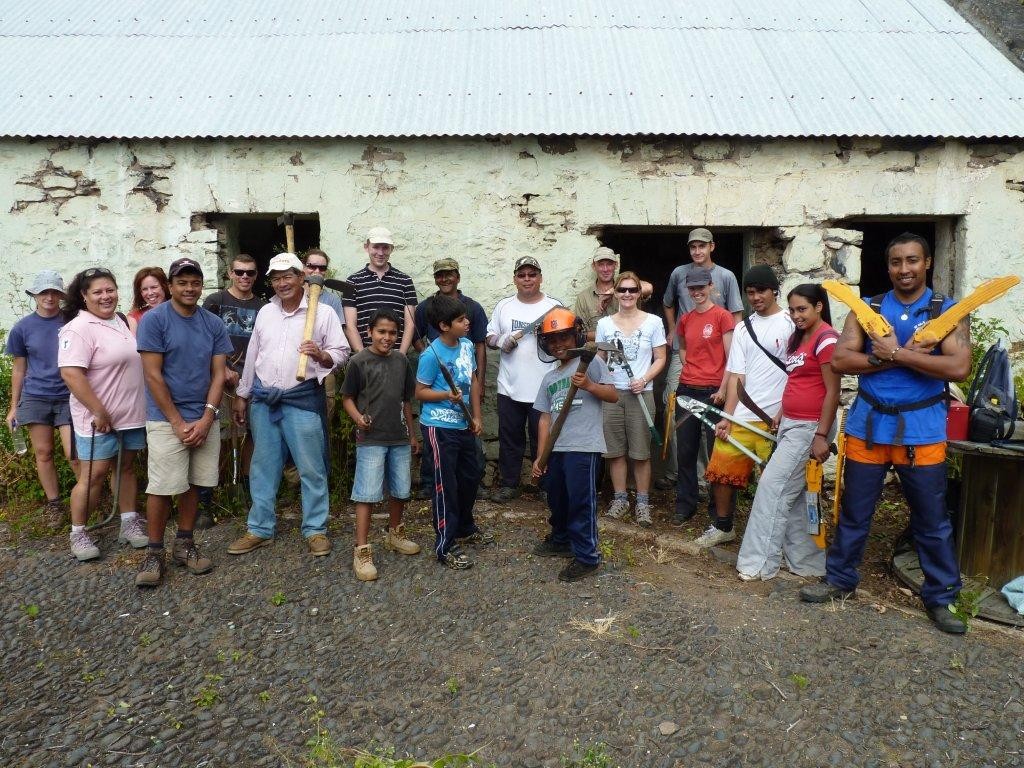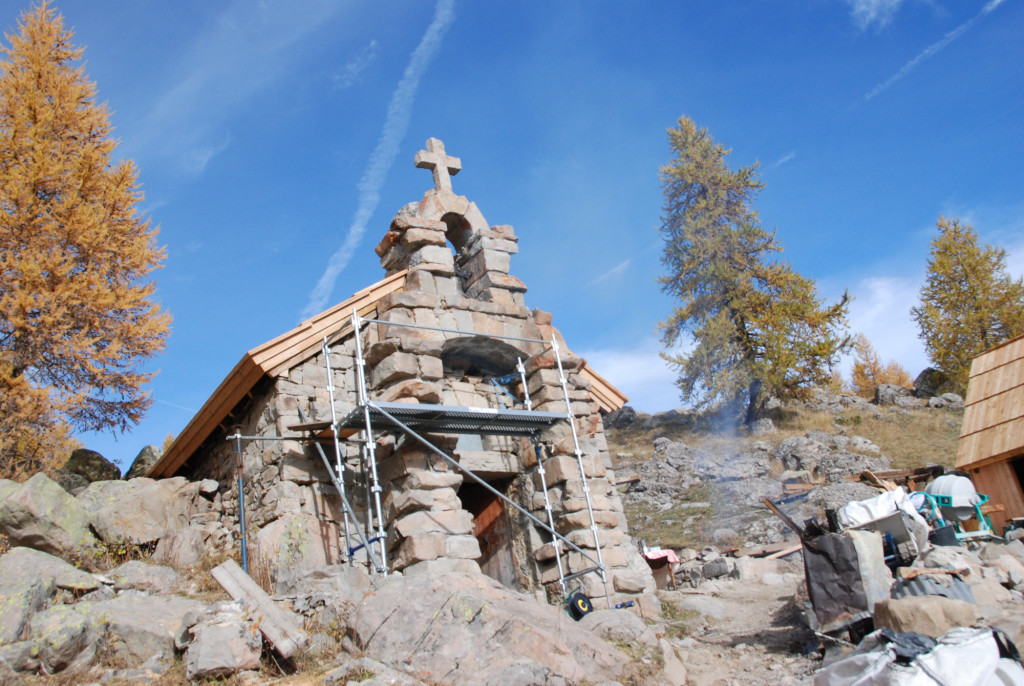-
10 things to think about when setting up a National Trust (Weekly blog, 17 January 2016)
Posted on January 17, 2016A blog by Catherine Leonard, Secretary-General
One of the highlights for me this week was a wide-ranging conversation with the team hoping to establish a National Trust in Georgia. INTO is the leading authority on the work and philosophy of National Trusts around the world and one of our founding objectives is to help communities set up National Trusts in countries where they do not currently exist, so this sort of thing is right up our street.

St Helena National Trust
It is not however an exact science. Every country is different and so we don’t really have a “How to set up a National Trust” handbook. (Yet!) I have been involved with many nascent Trusts over the years from Bali to St Helena and we were recently part of the team that helped establish the Czech National Trust, which has been an interesting and informative process. There are, I’m sure, many similarities in these two post-communist societies – and many differences.
Here are 10 things to think about when setting up a National Trust:
- What should be the aim and scope: To save architectural heritage, cultural heritage, natural heritage, intangible heritage, landscapes, gardens, parks, industrial heritage? To restore buildings and make them accessible to the public? Cultural management and administration? Awareness raising, lobbying, fundraising, education?
- Legal position: An NGO or independent trust like National Trusts in England and Scotland or a private foundation like the German Deustche Stiftung Denkmalschutz or the Fondation du Patrimoine in France? Or more of an umbrella body for the heritage sector?
- Relations to state: Position secured by law? The constitutions of many National Trusts, particularly in the Caribbean, are enshrined in Acts of parliament. Privileged tax position? Some sort of role in regulation?
-

Fondation du Patrimoine
Funding: Members’ subscriptions, legacies from wills/testaments, donations? Lottery funds? Donations, sponsorship, grants. Corporate sponsorship. Revolving funds.
- Membership organisation: like National Trust in England, Wales and Northern Ireland with some 4.5 Million members. Involved in governance – transparency.
- Organisation: Patron, President/Executive Chairman,Management/Executive, Committee, Council, representation of members and other NGOs. Role of volunteers.
- Geography: Whole country? Central and regional offices? Chapters or other local groups to mobilise support?
- Ownership of property: Buildings and landscapes/sea coasts? Or giving grants for buildings in possession of others – a sort of extended arm of the state official conservation authorities to attract private funds where the state has increasingly less to give.
- Youth programmes, education, training.
- Outreach work: Publications, magazines, list of properties accessible to the public, events, talks, lectures, excursions/guided tours to see endangered buildings. Press and media. Advice to owners of historic buildings?
As you know if you read my blog last week, I do have a bit of a passion for Eastern Europe and as a student in Russia I used to visit a Georgian restaurant in Moscow as a special treat. This was the 1990s when Georgia was gripped by civil war so the actual country was off-limits. The nearest I got was the Black Sea town of Sochi and Mount Elbrus in the Northern Caucasus Mountains. It’s a place I would love to find out more about and we are hopeful efforts to set up a Trust will come to fruition in the not too distant future.
The National Trust movement has grown to include a range of countries from Australia, Bermuda and Canada through Korea, Malta and the Netherlands to Taiwan, the United States and Zanzibar! Each organisation is different, taking into account local situations and the role played by government, but they all seek to involve people in the preservation, protection and promotion of heritage for the benefit of future generations.
For anyone thinking about setting up a National Trust, there are to key documents below and further excellent resources in the INTO Knowledge Base ICNT Toolkit. And we’d love to hear from you!
Thanks for reading.

 44 (0)20 7824 7157
44 (0)20 7824 7157